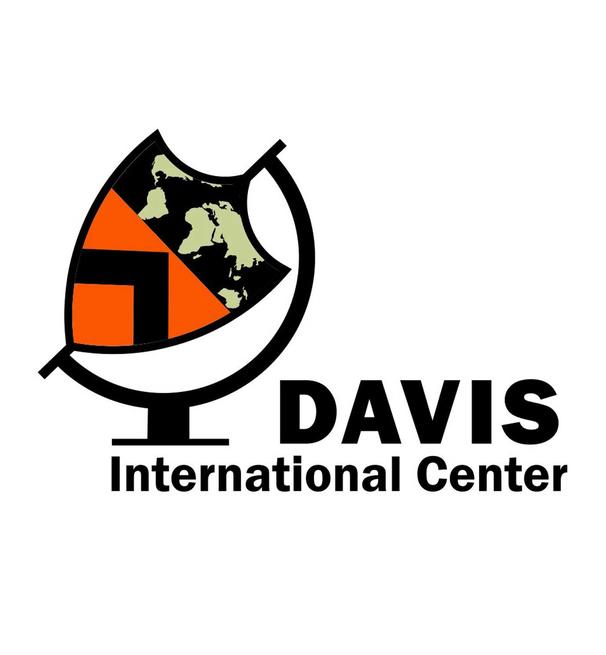Princeton's international population is just short of 2,100 students.*
International At a Glance

Internationalization is integral to Princeton’s research, teaching and learning. The University's grassroots approach facilitates collaborations and research that transcend national borders and create new international synergies.
The philosophy is simple: The best way to understand and contribute to our globalized world is to experience other places and other cultures firsthand.
Princeton offers international opportunities for undergraduate students in over 140 countries.
The undergraduate population has more than 680 foreign nationals.*
The graduate school has more than 1,390 foreign nationals.*
*Based on 2023 enrollment data
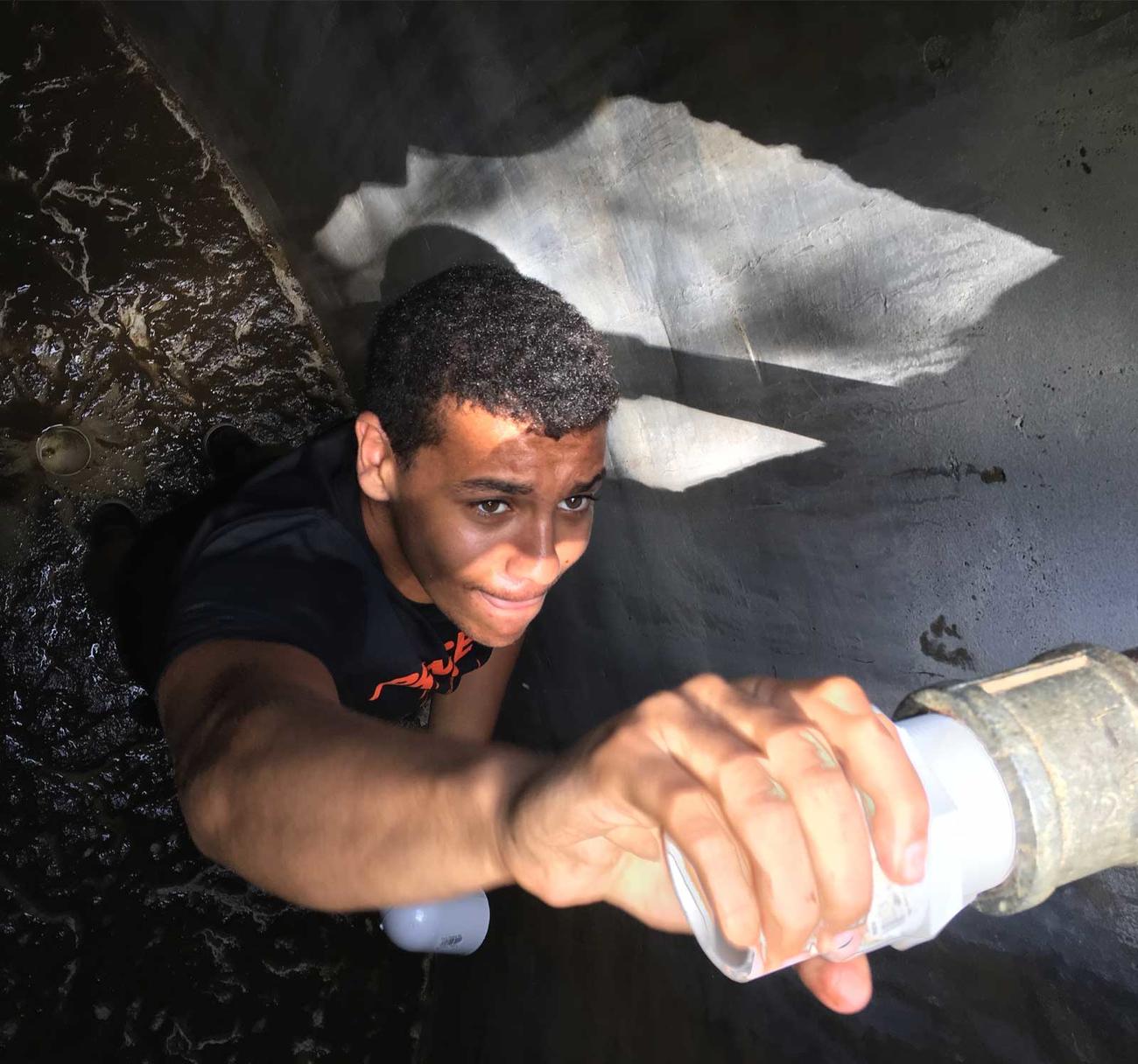
Global Research
Undergraduate Opportunities

By taking advantage of a wide variety of learning opportunities both in and out of the classroom, Princeton undergraduates share in the University’s international vision. The international experiences listed below serve to prepare students for leadership and lives of service in an increasingly interdependent and culturally diverse world.

Some students jump into an international experience before their first year on campus. As an incoming student, you can apply to spend nine months doing public-service work abroad through the University’s tuition-free Novogratz Bridge Year Program. This experiential “bridge” between high school and college gives you an opportunity to widen your perspective before your first year.
The Novogratz Bridge Year Program is hosted in five locations on three continents. Students live with local families while immersing themselves in the local culture, learning the language and serving the needs of the community. You might volunteer with a human-rights or environmental project, tutor local children, teach IT skills — the opportunities vary by locale and the organizations with which Princeton partners. And you’ll start your studies at Princeton with deep connections to a place other than home and strong bonds with fellow students who have shared your experiences abroad.
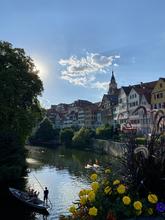
As an undergraduate student in any major, you can choose from among more than 100 study-abroad programs in over 40 countries. Living and learning in another country for an extended period of time teaches you things you never knew about yourself and the world. And while you further your academic studies, you may also discover new ideas and interests that will shape you for a lifetime.
Students who receive financial aid continue to receive support from the University while studying abroad during the academic year. The Office of International Programs helps students decide why and where to study abroad and supports them on their journey. Study Abroad Global Ambassadors are available to tell you about their experiences and answer your questions.
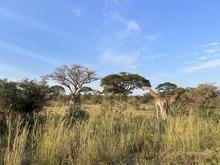
Princeton's offerings for summers abroad generally fall into three categories: PIIRS Global Seminars, language immersion programs, and other Princeton faculty-led courses.
PIIRS Global Seminars: Every summer PIIRS Global Seminars send Princeton students overseas to fascinating locations with historical or political significance to explore a specific topic. Each six-week seminar is designed and led by Princeton faculty and each presents a unique program of study that relies on visiting the locale at the heart of its subject matter. The experience consists of daily lectures by seminar faculty and guest lecturers, introductory language classes, weekend excursions to relevant sites and community service opportunities. Learn more about Global Seminars
Language Immersion: The summer provides time for intensive language study abroad, allowing you to learn or master languages among the people who speak them and explore new cultures. Programs span the globe from Aix-en-Provence, France, to Beijing, China. Learn more about summer language immersion programs.
Other Summer Study Abroad Opportunities: Learn more about the many other opportunities to go abroad in summer.
Learning abroad doesn’t have to mean studying abroad. You can spend your summer as an international intern instead, working with an organization that matches your interests in more than 50 countries. From helping migrant families in rural Mexico to architecture projects in Dubai, the opportunities are varied and fascinating.
The International Internship Program lets you live and work abroad during summer break and comes with a financial award that covers most expenses. You can gain valuable experience, expand your academic interests, immerse yourself in new languages and cultures and explore possible career paths through internships in a variety of fields.
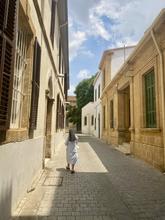
If Princeton’s summer programs don’t suit your academic needs or interests, you may look into non-Princeton summer programs offered by other universities or program providers. You may discuss your program(s) of interest with a study abroad adviser in the Office of International Programs before applying to ensure that the program meets some basic requirements (contact hours, length of program, program quality).
All courses taken in the summer must be approved by the relevant departmental representative and by the director of the Study Abroad Program in the Office of International Programs. If you are looking for an intensive language summer program, speak with the senior lecturer of your language interest. Be sure to review the processes for obtaining credit for non-Princeton courses. Remember that all non-Princeton summer courses must be pre-approved to be eligible for academic credit.
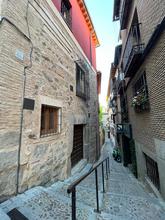
Fellowship Advising assists undergraduates and recent alumni to navigate the complex process of identifying and applying for scholarships, fellowships, and grants that fit their academic interests and goals. Princeton undergraduates and undergraduate alumni can apply to over 100 fellowship opportunities each year.
Graduate-Student Opportunities
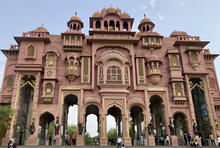
A wide range of international study and research opportunities are available to graduate students, including the chance to conduct independent research abroad. You can collaborate with peers and faculty at partner institutions and use international resources to further your research.
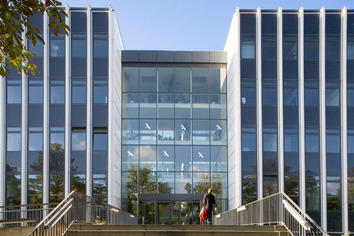
The Berlin Graduate School of Ancient Studies (BGSAS) exchange will normally allow up to two Ph.D.-seeking graduate students from each institution to study at the partner institution for one semester, or one graduate student from each institution to study at the partner campus for one academic year, under the general supervision of a member or members of faculty of the hosting department. The exchange is currently limited to students in the several departments affiliated with the Program in the Ancient World at Princeton.
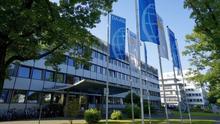
Princeton normally offers two exchange fellowships to the German Academic Exchange Service (aka DAAD) students based upon a recommendation from DAAD. One fellowship pays full tuition and required fees only; the second pays full tuition, required fees and a standard 10-month stipend. Tenure for both of these awards is one academic year, September through June.
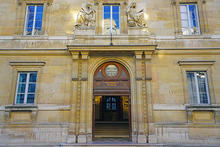
Since 1973, this has been a reciprocal exchange of graduate students between the two institutions. Each year two visiting students are admitted to Princeton from Ecole Normale Superieure Paris (ENS-Paris) with full fellowships (tuition and fees and a 10-month stipend), for the Jane Eliza Procter Visiting Fellowship. Students must be nominated for this fellowship by E.N.S. before they may apply. Nominations come directly to The Graduate School — Academic Affairs from the director or assistant director of E.N.S. Admission is contingent upon approval by the department and Graduate School.
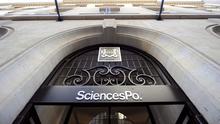
This exchange allows one student enrolled in a Ph.D. program from each university to study at the other university for one academic year. During that period, the visiting Ph.D. student will:
- receive a stipend from the host university and will not be required to pay tuition;
- have all of the rights and privileges of a full-time enrolled graduate student but are not permitted to teach; and
- have all of the obligations of a full-time enrolled graduate student, including participation in all required orientation programs.
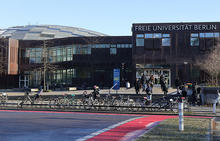
As part of the Berlin Consortium for German Studies, Princeton agrees to admit one graduate-level student from Freie Universitaet Berlin each year, subject to review and approval by the appropriate academic department or program. The typical student would be at the level of a first-year graduate student in the U.S. Freie Universitaet will hold the status of VSRC while here.
The Freie Universitaet Berlin may also nominate a candidate to Princeton. The Freie Universitaet Berlin nominee must submit an application.
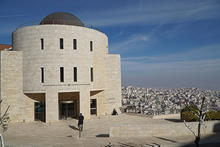
The HUJI exchange will normally allow up to two Ph.D.-seeking graduate students from each institution to study at the partner institution for one semester, or one graduate student from each institution to study at the partner campus for one academic year, under the general supervision of a member or members of faculty of the hosting department. Among Princeton graduate students who wish to participate in the exchange, preference will be given to graduate students from the departments of near Eastern studies, religion, and history. If not used by students in those departments, the exchange can be opened to other departments.
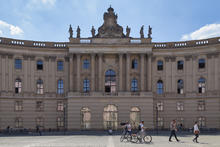
This exchange allows up to six Ph.D.-seeking graduate students from each institution to study at the partner institution for one semester or three for one academic year. Students must be under the general supervision of a faculty member, or members, at the host institution. The cap of six students in each direction includes two participants in the Ph.D. Net exchange with Princeton’s German Department.
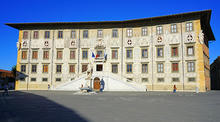
The Scuola Normale Superiore, Pisa (SNS) exchange will normally allow up to two Ph.D.-seeking graduate students from each institution to study at the partner institution for one semester, or one graduate student from each institution to study at the partner campus for one academic year, under the general supervision of a member or members of faculty of the hosting department. The exchange is currently limited to students in the Department of Classics and Program in the Ancient World.
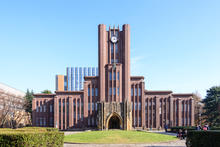
The study exchange will normally allow up to four graduate students from each institution to enroll in courses at the partner institution for one semester, or two graduate students from each institution to study at the partner campus for one academic year under the general supervision of a member or members of faculty of the hosting department. The exchange will initially be limited to Princeton students joining the graduate-level U Tokyo courses taught in English or those who can meet U Tokyo’s standard Japanese-language requirements for those programs where instruction is in Japanese, and to U Tokyo students who can meet Princeton’s English language requirements for international graduate students in any discipline.

The SINSI Graduate Program consists of two parts, a two-year MPA program with a full scholarship for tuition and living expenses at the Princeton School of Public and International Affairs and a two-year SINSI fellowship with an executive branch department or agency usually placed between the first and second year of the MPA program.
Learn more about Scholars in the Nation’s Service Initiative (SINSI)
The Huo Family Fellowship, administered by Princeton Institute for International and Regional Studies (PIIRS), will award funding to qualified Princeton Ph.D. students who are conducting fieldwork outside the United States, with a preference for those conducting research in or related to China. The Huo Family Fellowship will receive full tuition for the semester(s) they are abroad, a 12-month stipend and up to $10,000 in additional funding to support their research and travel.
Alumni Opportunities
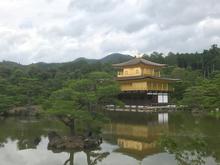
Princeton supports educational alumni trips through the Office of Alumni Engagement as well as advising geared toward recent graduates interested in applying to fellowships for study, research, and service abroad. Internship placements around the world are also available through independent, region-focused associations of alumni and friends.
Fellowship Advising assists undergraduates and recent alumni to navigate the complex process of identifying and applying for scholarships, fellowships and grants that fit their academic interests and goals.
Princeton in Africa (PiAf) connects young leaders with some of the most impactful organizations on the African continent to create solutions and sustainable change during highly selective year-long fellowships. The program is open to graduating seniors and young alumni from any college or university accredited in the United States. PiAf offers fellowships centered around a large variety of career interests and professional sectors including public health, business and economic development, humanitarian aid, education and environmental conservation. Fellows are encouraged to cultivate meaningful relationships and lifelong connections with communities in Africa and with one another.
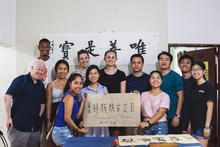
Princeton in Asia (PiA) fosters mutual appreciation and cross-cultural understanding between the United States and Asia through immersive work fellowships in host organizations and communities. It offers full-year postgraduate fellowship opportunities and summer internships with host organizations in 20+ countries and regions in Asia, working in the following areas: arts and culture, education, economic development, environmental sustainability, public health, sports, STEM and peace, justice and access to information. The program seeks candidates who are committed to the PiA ethos and values: transformation, immersion, relationship building, humility, mutuality and interdependence and contributing to the community.
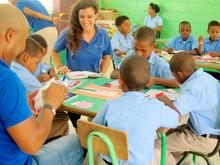
Princeton in Latin America (PiLA) places recent college graduates in yearlong service fellowships with nonprofit, public service, humanitarian and government organizations in Latin America and the Caribbean. Placements emphasize the power of firsthand work experience to shape young people's attitudes and mobilize them to effect positive social change. PiLA Fellows enhance the missions of partner organizations by building their capacity to constructively impact the communities they serve, addressing social, economic and political barriers to egalitarian community development. Since 2003, PiLA has placed over 400 fellows with partners in 20 countries throughout the region.
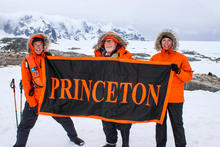
Princeton Journeys is the University’s educational travel program for alumni and friends. With destinations around the world, Princeton Journeys offers a unique approach to travel combining intellectual conversation with Tiger camaraderie and special access visits for our participants. The hallmark of every journey is a series of lectures given by our study leaders — Princeton faculty members or distinguished alumni — which highlight the cultural, historical, and/or ecological significance of a host country.
Related Offices
Explore related officesUniversity offices and programs work together across disciplines to provide opportunities, advice, and resources of students, scholars, and faculty in their international pursuits.




